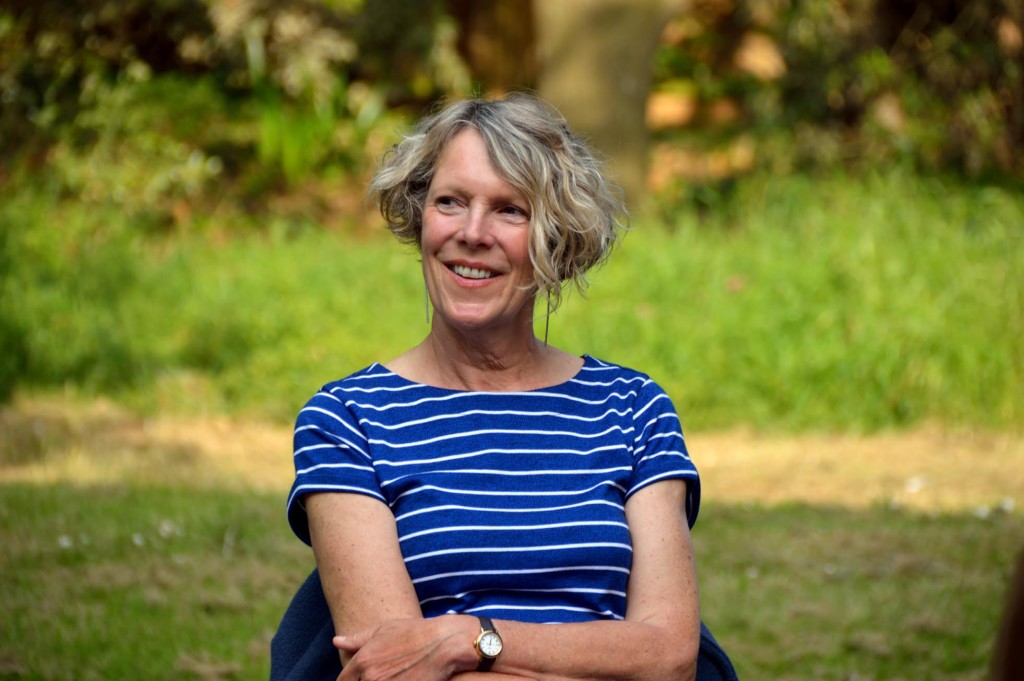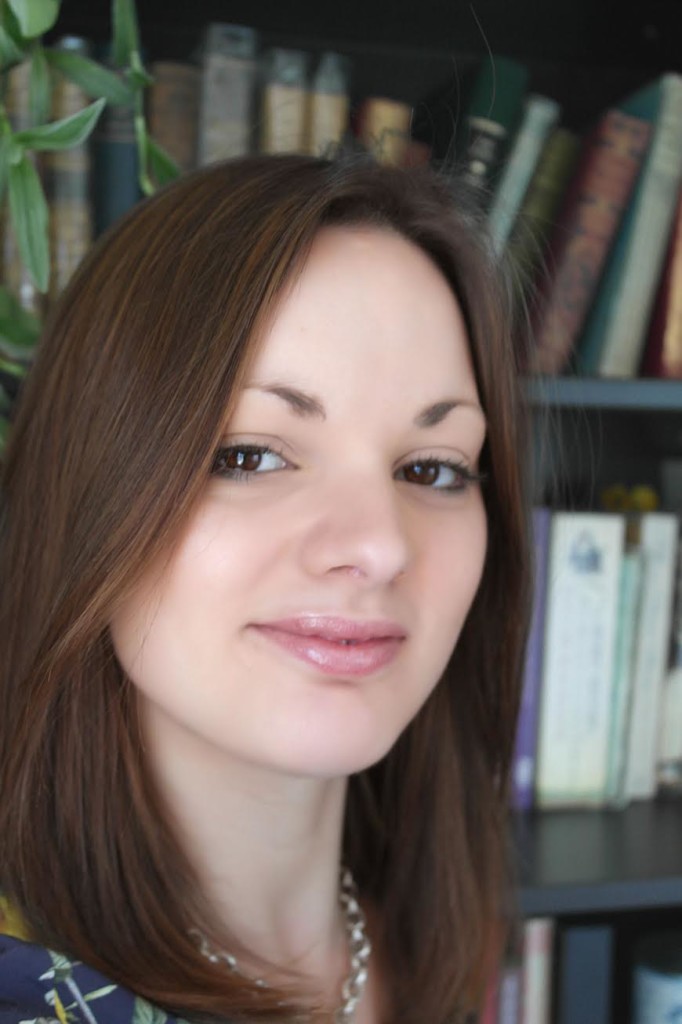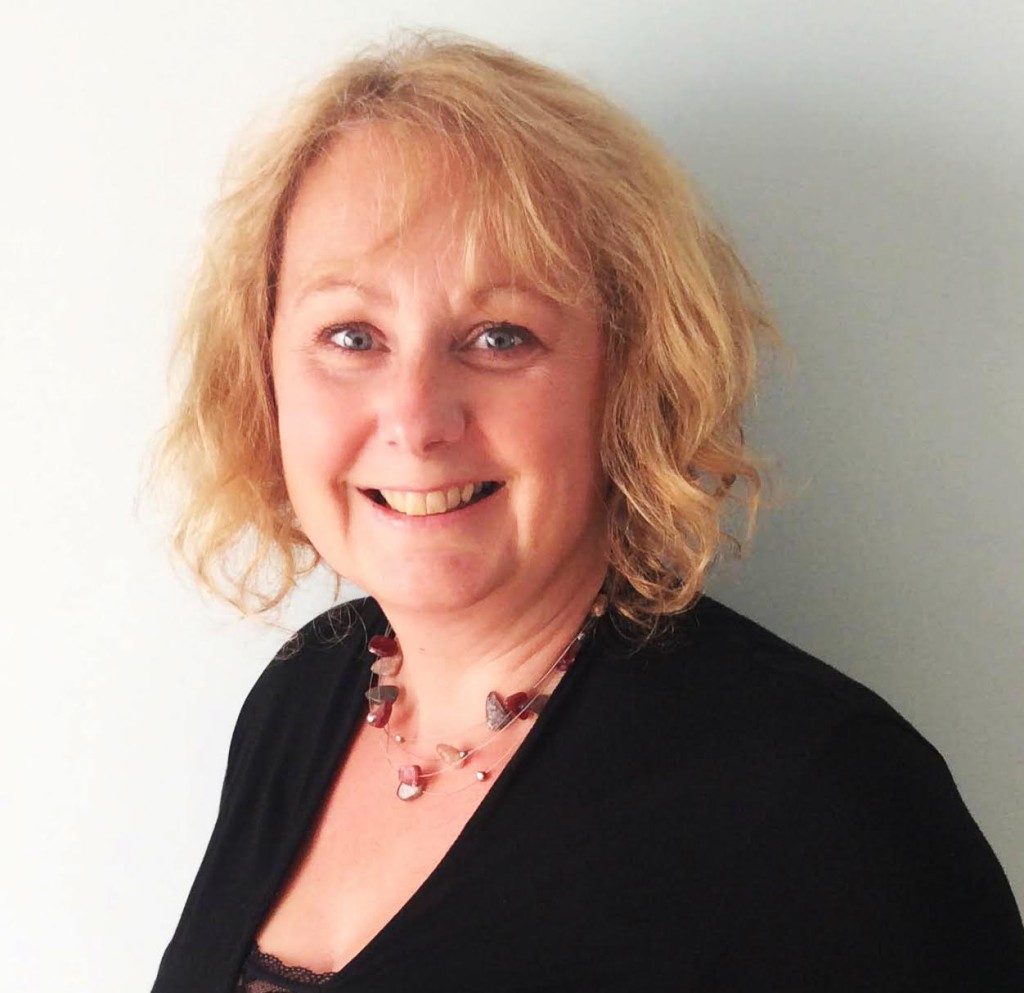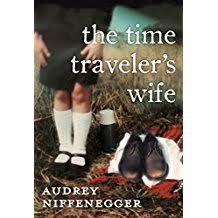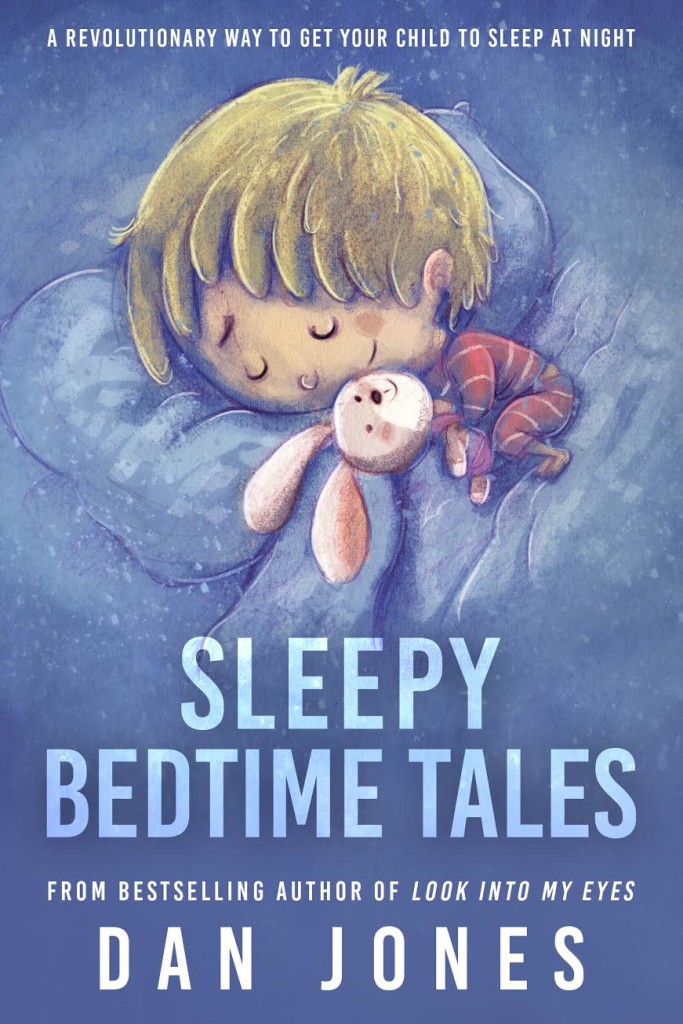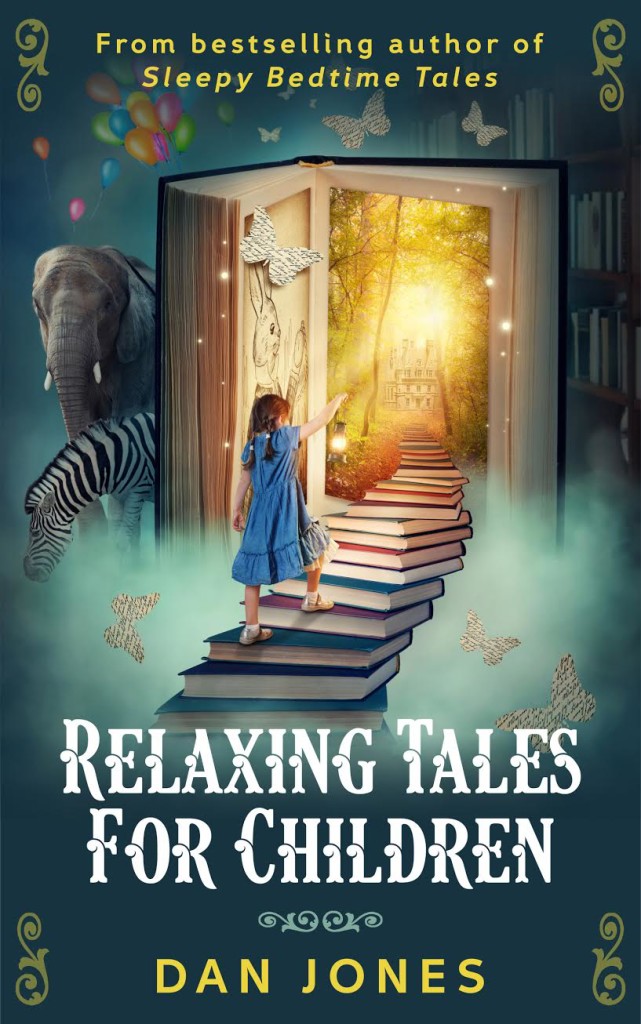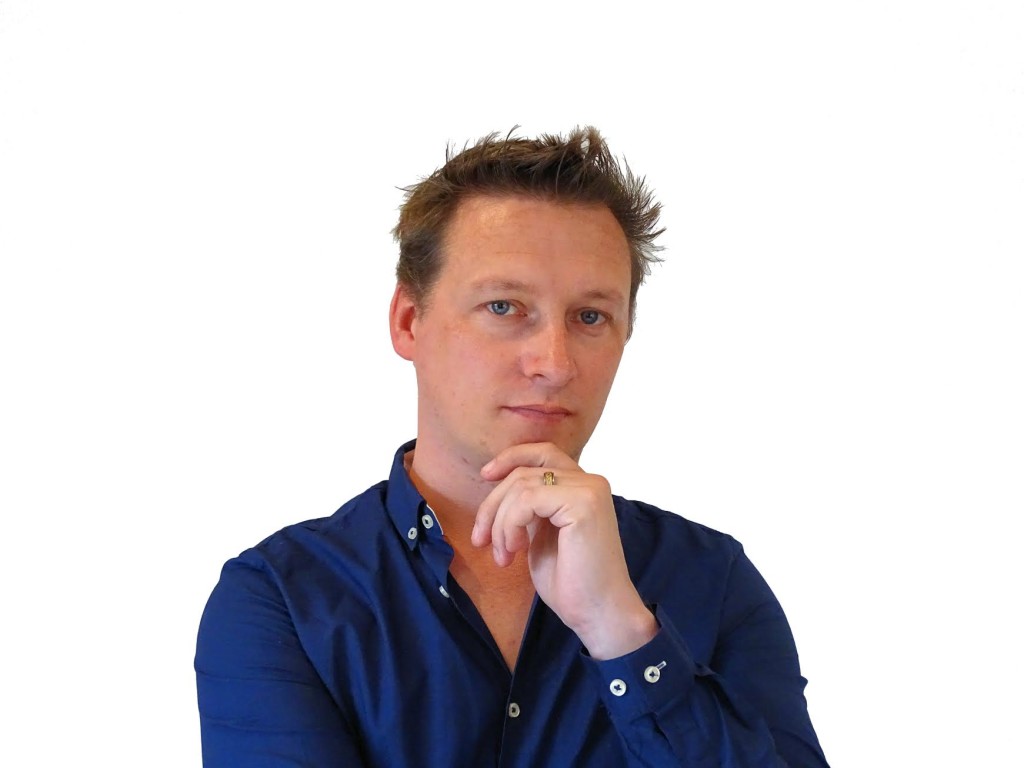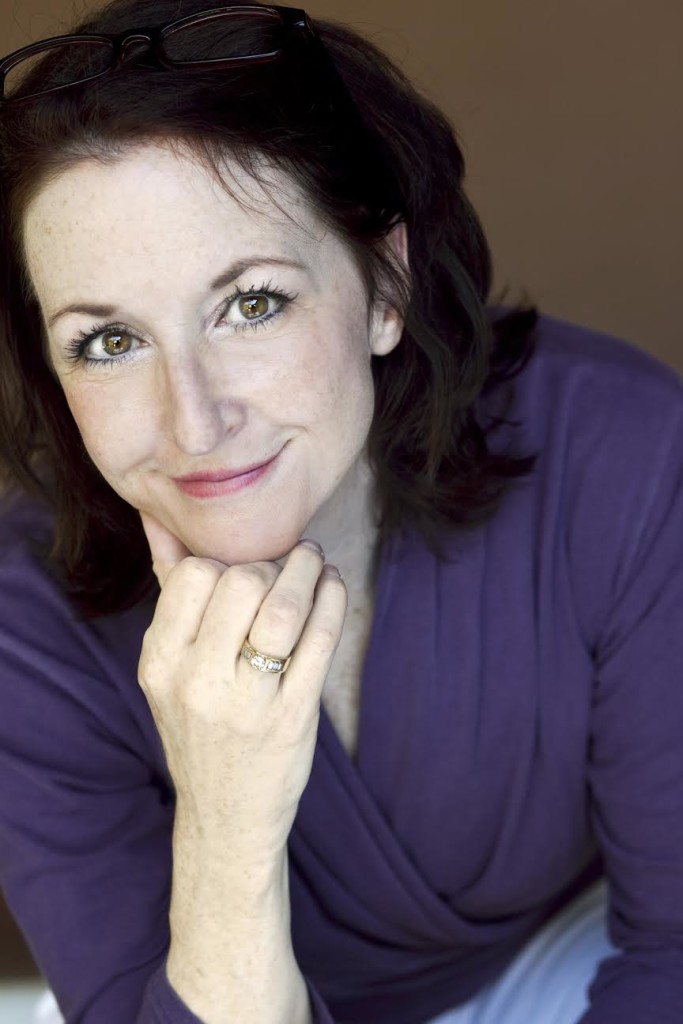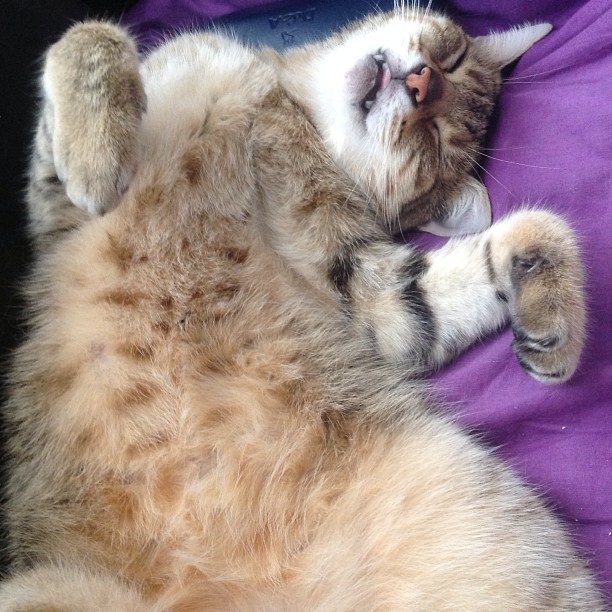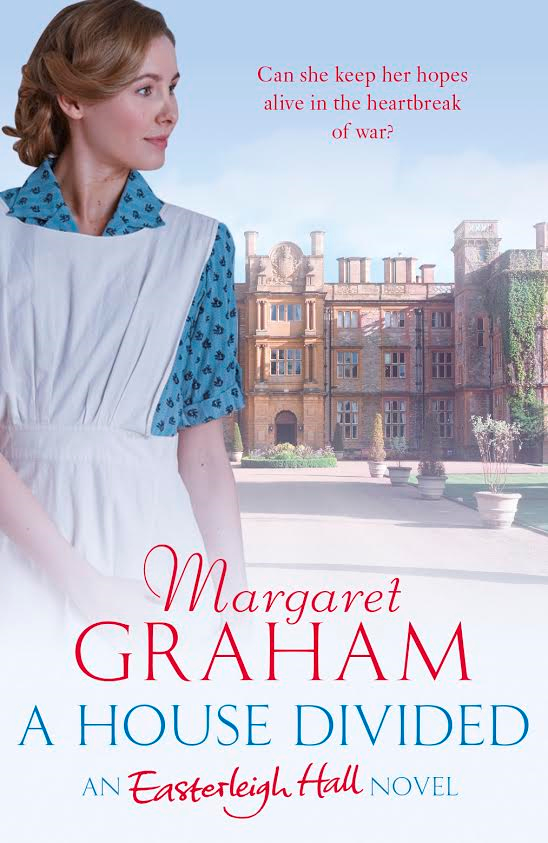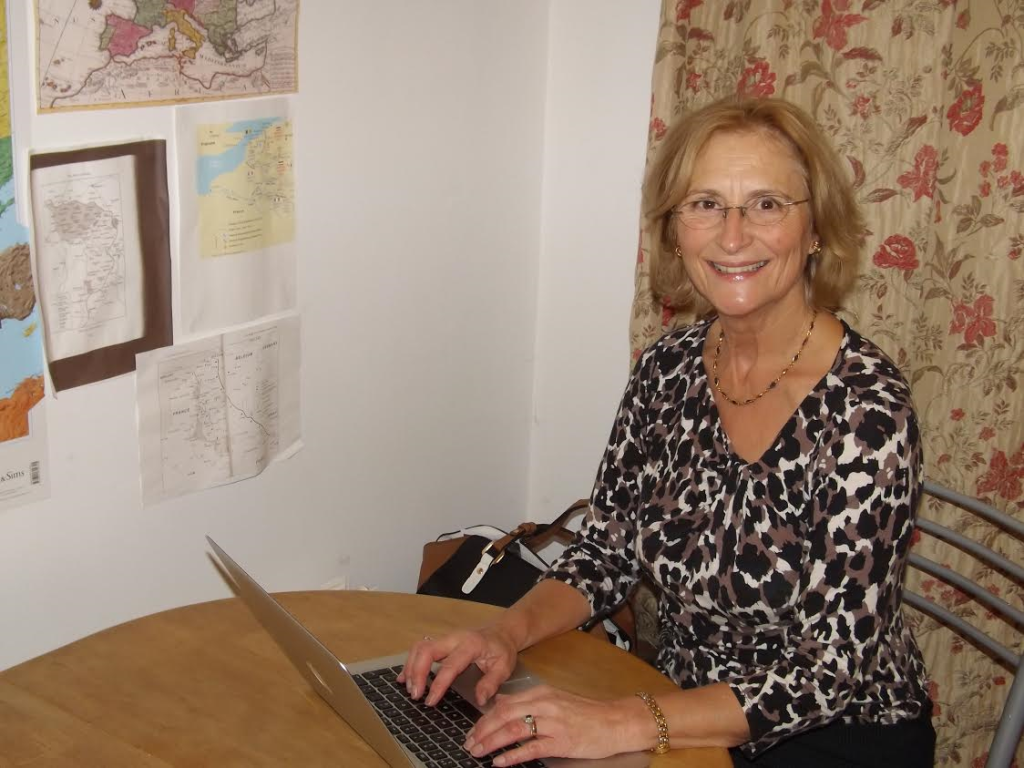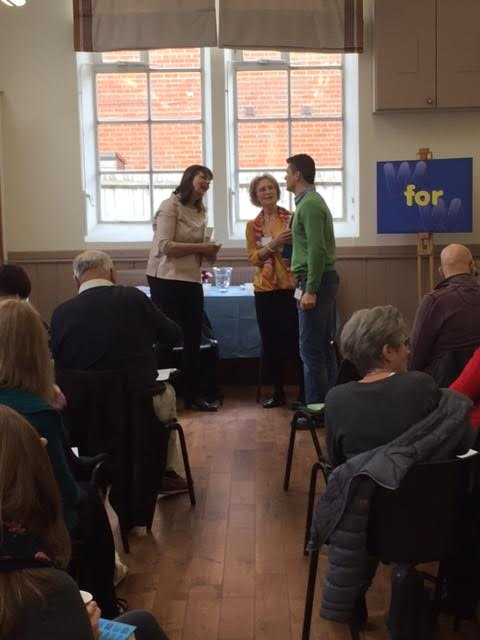 This week I am especially delighted to welcome one of my favourite writers, best-selling author Rosanna Ley.
This week I am especially delighted to welcome one of my favourite writers, best-selling author Rosanna Ley.1) How much of your working life does the business of books take up?
Pretty much all of it! I work full time from home: writing, researching, editing, writing publicity material and taking part in events and occasionally doing a manuscript appraisal for an author (I used to do more of these but now although I’d love to, I simply don’t have the time). I also run an annual week’s writing retreat in Andalucia in July for around 12 writers at finca el cerrillo which I adore. It’s a haven of tranquillity and it’s so good to work with other writers. I used to do a lot more tutoring of creative writing and also working with community groups on therapeutic writing but I have had to let this go. Very reluctantly. But writing and editing a book a year (of around 130,000 words) is very time-consuming!
2) What’s your business model to earn a living from writing?
I’m not sure that I have a business model at all. I’m fortunate in that I do earn a living from writing. It’s hard in these days of low advances and competitive deals from independent publishers, not to mention the number of authors who self-publish who have to work so hard to earn from their books. I would certainly consider running creative writing courses as a good way to supplement income, and there are appraisal agencies who take on experienced readers to give constructive feedback on writing for authors who go down this route. Apart from that, my model would be to keep writing, keep publicising and hope that your work is eventually recognised. Just keep getting it out there…
3) What do you write and what do you consider to be your major successes?
I write novels often described as ‘commercial women’s fiction’ which are contemporary but also contain elements of the historical. They offer a bit of mystery and some romance and are set in stunning locations such as Sicily and Sardinia (as well as my home turf of West Dorset and also Cornwall). I have also set novels in Cuba, Burma, Morocco and Barcelona. Yes, I like to travel… My books are often called ‘holiday reads’ because of the locations I choose, but I like to think they offer a bit more than that… I like to include some (hopefully) thought-provoking subject matter and I like to explore human relationships and the ‘tangled webs we weave’. My biggest paperback success has been ‘Bay of Secrets’ which takes on some rather dark and hopefully intriguing subjects centring around the Spanish Civil War when a woman from Dorset in 2012 goes looking for her birth mother. My biggest e-book success was ‘The Villa’ which is about three generations of women and their journeys – one to find her lost love, one to discover the secrets of the past and one to find her own sense of self!
4) Tell me about your latest project.
The project I am currently working on is entitled ‘Her Mother’s Secret’ and is set in Belle-Ile, a small island off southern Brittany, France. It centres around Colette, who left the island when she was eighteen and who returns when her mother Thea is ill in order to care for her and help run Thea’s flower shop. I have finished the first draft and am doing some editorial work on that now. We are also looking at cover ideas. I am also doing some publicity work for ‘Little Theatre by the Sea’ which is out in hardback with Quercus already and will come out in paperback on June 1st. This book is about restoration and change. Faye travels to Sardinia to take on the project of re-designing the little theatre and finds much more than she ever bargained for…
Rosanna Ley is the best-selling author of The Villa, Bay of Secrets and Little Theatre by the Sea. Her books are published by Quercus.

